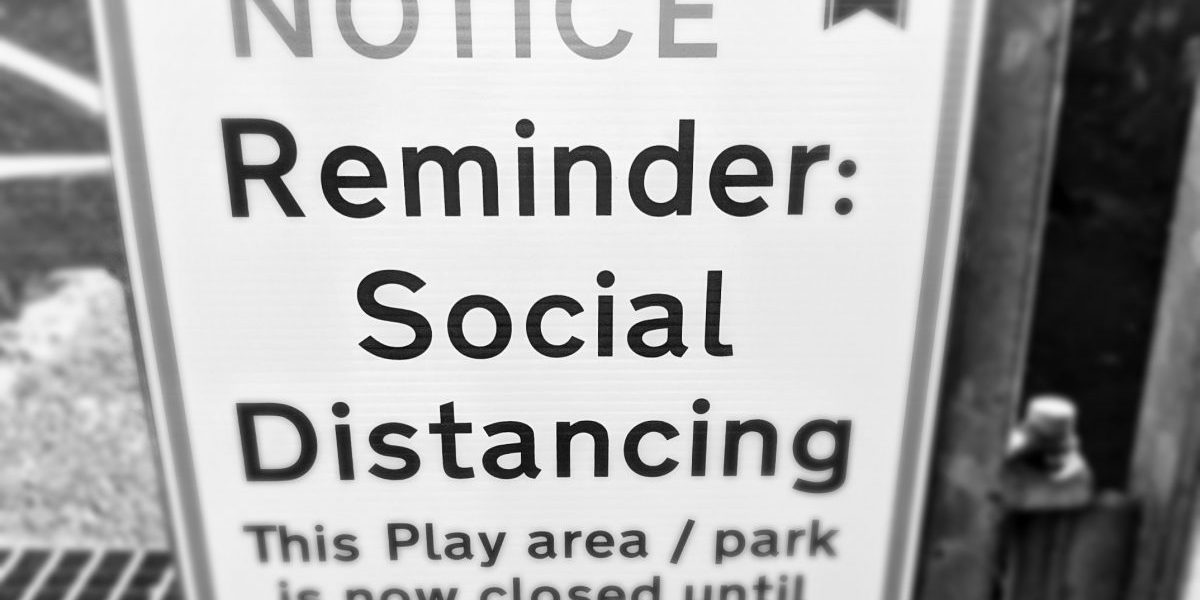Is your museum or community history group involved in ‘Contemporary Collecting’? For those who are not familiar with the term, it is the act of collecting first-hand documentary evidence and artefacts that can illustrate something happening in society in the present day.
Contemporary collecting is something already being done by most larger museums and institutions, and the act can relate to a wide range of events or occurrences that might be of significance when future historians look back at events today. At a local level this could be the closure of an important local business, the opening of a new public park or monument or something like a festival or event such as a Pride march or a climate protest. It is also important to document local impacts of national or global events including things such as general elections, significant sporting events like the Olympic Games or things like the current Coronavirus crisis.
What could we collect?
I put out a Tweet this week to see what the museum curator community had to say about how to represent this current set of events in our collecting policy, and got some very useful signposts.
It seems that museums are still considering the best approach to collecting evidence of the current situation, and what sort of items will be the most useful when we look back on this.
There are some common-sense guidelines that apply to contemporary collecting in most circumstances:
- Do not overstretch yourself – remember that large organisations with specialist staff will be looking at ways to ensure that this is documented on a national or regional level. Focus on your own experiences and your own community.
- If you decide that you want to collect items relating to current events, it is important to collect original material. If you wish to collect photographic evidence, use your own photographs rather than saving photos taken by others and posted on social media, for instance. It is also important not to alter photos by using filters or software like Photoshop.
- If you want to collect newspaper articles, keep original newspapers (not photocopies) – and remember that the whole newspaper can be more useful and interesting to future historians than just a cutting.
- Officially distributed documents like letters or leaflets about the virus and its impacts can be useful, as well as any other original documentary evidence that is produced locally.
- It is always important to make sure you have written permission to take or use any items that belong to somebody else, and keep full records including receipts if you receive any material from a third party (e.g. signs or notices used by a local business).
Keeping a personal diary of your own experiences can also be useful to researchers who look back on this in years to come. This will be more useful if it is done consistently and if you ensure to maintain a personal perspective, rather than reporting hearsay or the stories of others.
IMPORTANT: Remember, that when you collect material that you need to be safe and follow government guidelines on Social Distancing, and on the current rules regarding leaving your house. It is also vital to respect the privacy of others, and be especially sensitive to those who might be vulnerable or in distress at this difficult time. Usual guidelines regarding copyright and intellectual property will also apply.
Further information
The Collections Trust has some general information on contemporary collecting, here: https://collectionstrust.org.uk/resource/contemporary-collecting-toolkit/
There is also some information on the JISCMAIL Group, Contemporary Collecting: https://www.jiscmail.ac.uk/cgi-bin/webadmin?A0=CONTEMPORARYCOLLECTING
Latest government advice regarding the Coronavirus Crisis: https://www.gov.uk/coronavirus
UPDATE 31.03.20: This Contemporary Collecting toolkit has been made available through the London Transport Museum, and deals with some of the difficulties associated with contemporary collecting: https://www.ltmuseum.co.uk/collections/projects-partnerships/documentary-curators

